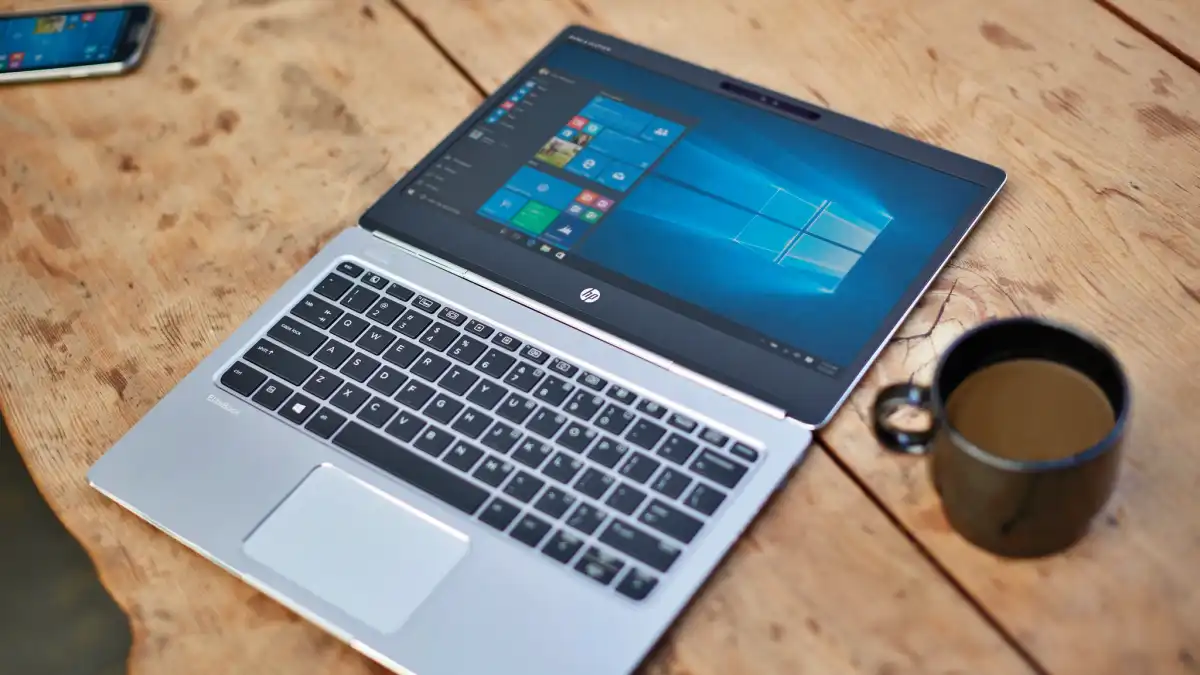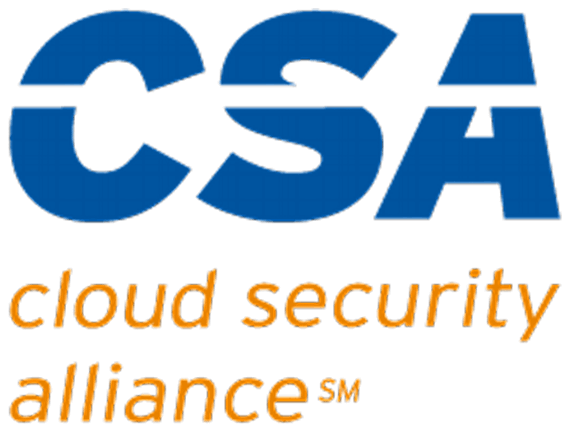Selecting the proper computing workstation is critical for both productivity and cost management. Whether setting up an office, enabling remote work, or empowering a mobile workforce, choosing between desktops, mini PCs, laptops, laptops with docking stations, foldable devices, and fully mobile tablets can be overwhelming. This guide breaks down the pros and cons of each option to help business decision-makers find the right solution for their needs.

Desktop Computers: Power, Performance, and Longevity
Pros:
- Performance: Desktops offer unmatched performance for the price, easily handling resource-intensive tasks.
- Scalability: Easy to upgrade with more RAM, storage, or even a new graphics card.
- Durability: Built to last for years with minimal maintenance.
Cons:
- Immobility: Bulky and stationary; not ideal for users who need to work remotely.
- Power Consumption: Typically consume more energy than mobile options.
Ideal for: Businesses that need high performance and stability for tasks like data analysis, video rendering, or large-scale multitasking in a dedicated workspace.
Example: HP EliteDesk 800 G6
The HP EliteDesk 800 G6 is a powerful desktop solution for businesses that need strong processing capabilities. With options for Intel Core i7 and i9 processors and extensive RAM configurations, it can support even the most demanding tasks.
Desktop computers have long been the backbone of business workstations. They offer the highest performance per dollar, making them ideal for power users who need reliable, consistent computing for tasks like data analysis, video editing, or running complex software. Desktops are generally more robust and can be customized with upgrades like additional RAM, powerful graphics cards, or more storage. This makes them ideal for businesses with resource-intensive workflows.
However, the main drawback is their lack of portability. Desktops are best suited for environments where employees work at a dedicated desk, as they are bulky and stationary. For businesses prioritizing power and stability over mobility, desktops remain a top choice.
Mini Computers: Compact and Efficient
Pros:
- Space-saving: Small footprint, ideal for environments with limited space.
- Energy-efficient: Consumes less power than full-sized desktops, reducing operational costs.
- Portability within the office: Easier to move and relocate compared to traditional desktops.
Cons:
- Limited Upgradeability: Most mini PCs don’t offer as much room for upgrades.
- Performance Constraints: Though capable of most office tasks, mini PCs may struggle with resource-heavy applications.
Ideal for: Small offices or setups where space is a premium and energy efficiency is key. Also useful for basic business applications like document processing, web browsing, and presentations.
Example: HP ProDesk 400 G6 Mini
The HP ProDesk 400 G6 Mini combines business-class performance in a compact form factor. It’s well-suited for smaller office spaces, kiosks, and customer-facing roles.
Mini computers pack the power of a desktop into a much smaller form factor. These devices are great for businesses that need performance but don’t have the luxury of space. Despite their size, mini PCs like the HP ProDesk 400 G6 Mini can run most business applications smoothly, and they often consume less power, which can reduce energy costs over time.
The trade-off with mini PCs is the lack of upgradeability compared to traditional desktops. While they can be tucked behind monitors or under desks to save space, their compact design means less room for customization or expansion. This makes them less suitable for users who require future-proof solutions or high-performance upgrades.
Laptops: Flexibility for On-the-Go Professionals
Pros:
- Portability: Ideal for employees who need to work in multiple locations, including remote work or travel.
- All-in-one solution: No need for additional peripherals—laptops provide everything in a single device.
- Wide Range of Options: Available in various configurations, from budget-friendly to high-performance models.
Cons:
- Durability: More prone to physical damage (drops, spills) compared to desktops.
- Limited Upgradability: Unlike desktops, laptops have limited options for internal upgrades, particularly for RAM and storage.
- Overheating: Laptops can run hot under heavy use due to their compact design.
Ideal for: Remote workers, employees who travel frequently, and businesses that require flexibility without sacrificing too much performance.
Example: HP EliteBook 840 G9
The HP EliteBook 840 G9 offers enterprise-grade performance in a sleek, portable design, with security features and powerful processing for professional mobility and collaboration.
Laptops are the most versatile option for businesses looking for portable computing power. High-end models like the HP EliteBook 840 G9 offer enough power to handle most business applications and the flexibility to work anywhere. Whether in the office, on the road, or at home, laptops provide an all-in-one solution that combines performance, portability, and ease of use.
However, laptops do come with trade-offs. While many models can rival desktop performance, they tend to have limited upgrade options, and their compact size means they might overheat with prolonged heavy use. Additionally, laptops are more prone to damage from drops or accidents, making them slightly less durable than desktops or mini PCs.
Laptops with Docking Stations: Maximizing Productivity in Hybrid Work Environments
Pros:
- Flexibility: Combines a laptop’s mobility with a desktop’s productivity when connected to a docking station.
- Ergonomics: Allows for the use of a full-sized monitor, keyboard, and other peripherals while in the office.
- Easy Setup: Seamlessly switch between working remotely and in-office setups.
Cons:
- Cost: Requires an investment in both the laptop and docking station.
- Dock Compatibility: Some docking stations are model-specific, so compatibility issues can arise if you switch laptops.
Ideal for: Businesses with hybrid work environments where employees need mobility and the benefits of a traditional desktop setup when in the office.
Example: HP ZBook Firefly G10 with Dock
The HP ZBook Firefly G10 is a mobile workstation that can transform into a desktop replacement when paired with an HP Thunderbolt Dock. It’s ideal for professionals who require both mobility and the power to run demanding applications like CAD or Adobe Suite.
Laptops with docking stations offer a compelling solution for those who need both mobility and the power of a full workstation. Docking stations allow users to quickly connect their laptop to a full-sized monitor, keyboard, mouse, and other peripherals, turning the laptop into a desktop setup when they’re in the office.
This hybrid approach offers flexibility: you get the portability of a laptop when you’re on the go and the ergonomics and productivity of a desktop when docked. However, this setup does add an extra layer of cost, and docking stations can sometimes introduce compatibility issues depending on the laptop brand and model.
Foldable Devices: A Versatile Option for Creative Professionals
Pros:
- Multi-functional: Foldable devices can switch between tablet and laptop modes, offering flexibility depending on the user’s task.
- Portability: Lightweight and easy to carry, making them ideal for professionals who are often on the move.
- Touchscreen Capabilities: Perfect for presentations, creative tasks, and industries where touchscreen functionality is needed.
Cons:
- Performance Limits: While versatile, foldable devices generally lack the processing power of traditional laptops or desktops.
- Cost: They tend to be more expensive than similarly spec’d laptops or tablets.
Ideal for: Creative professionals, field workers, and those who need the flexibility of a tablet-laptop hybrid.
Example: HP Spectre x360
The HP Spectre x360 is a convertible laptop that can be used in multiple modes—laptop, tablet, or tent mode. Its touchscreen and stylus capabilities make it an excellent tool for design work, presentations, and multitasking in business environments.
Foldable devices like the HP Spectre x360 are gaining traction due to their flexibility. These devices combine the benefits of a laptop and a tablet, making them perfect for presentations, creative work, or tasks that require a touchscreen interface.
The biggest advantage of foldable devices is their versatility—they can be used in multiple modes, such as tablet, tent, or laptop mode, depending on the user’s needs. However, while they are innovative, foldable devices are not yet able to match the performance of high-end laptops or desktops. They are also more expensive, which can deter budget-conscious businesses.
Fully Mobile Devices: Ultra-Portable Solutions for Field and On-the-Go Work
Pros:
- Ultra-portability: Lightweight and compact, making it easy to transport and use on the go.
- Touchscreen Input: Optimized for users who prefer touch controls for quick tasks or creative work.
- Accessories: Can be paired with accessories like keyboards and styluses to enhance functionality.
Cons:
- Limited Power: Tablets generally lack the processing power of laptops or desktops.
- Not a Primary Workstation: Fully mobile devices may not be suited for tasks requiring extensive multitasking or complex software applications.
Ideal for: Field workers, sales teams, or professionals who need quick, lightweight computing solutions for presentations, client meetings, or data collection.
Example: HP Elite x2 G8
When paired with a detachable keyboard, the HP Elite x2 G8 combines the portability of a tablet with the productivity of a laptop. It’s a strong choice for professionals who are constantly on the move and need a lightweight device without sacrificing too much functionality.
For businesses prioritizing extreme portability, tablets like the HP Elite x2 G8, paired with accessories such as a detachable keyboard or stylus, can provide an ultra-mobile solution. These devices are excellent for business professionals who need quick access to email, documents, or presentations on the go. Tablets can also double as notetaking devices during meetings and are great for field work or customer interactions.
However, the limitations of fully mobile devices include lower processing power and reduced multitasking capabilities compared to traditional laptops or desktops. Tablets are perfect for light work, but if your business requires extensive data processing or software that demands high-performance computing, a tablet may not be sufficient as a primary device.
Conclusion
Selecting the right computing workstation for your business depends on your specific needs—whether you need the raw power of a desktop, the portability of a laptop, or the versatility of a foldable device. Desktops and mini PCs offer strong performance for office-bound employees, while laptops and docking stations provide flexibility for those in hybrid work environments. Foldable devices and tablets shine for users who prioritize mobility and ease of use.
At Datacate, we specialize in helping businesses assess and deploy the best technology solutions. Whether you’re outfitting an office or equipping a remote workforce, our expertise ensures you get the right tools for the job. Contact us today to explore how we can optimize your IT infrastructure and computing solutions for maximum productivity and value.




